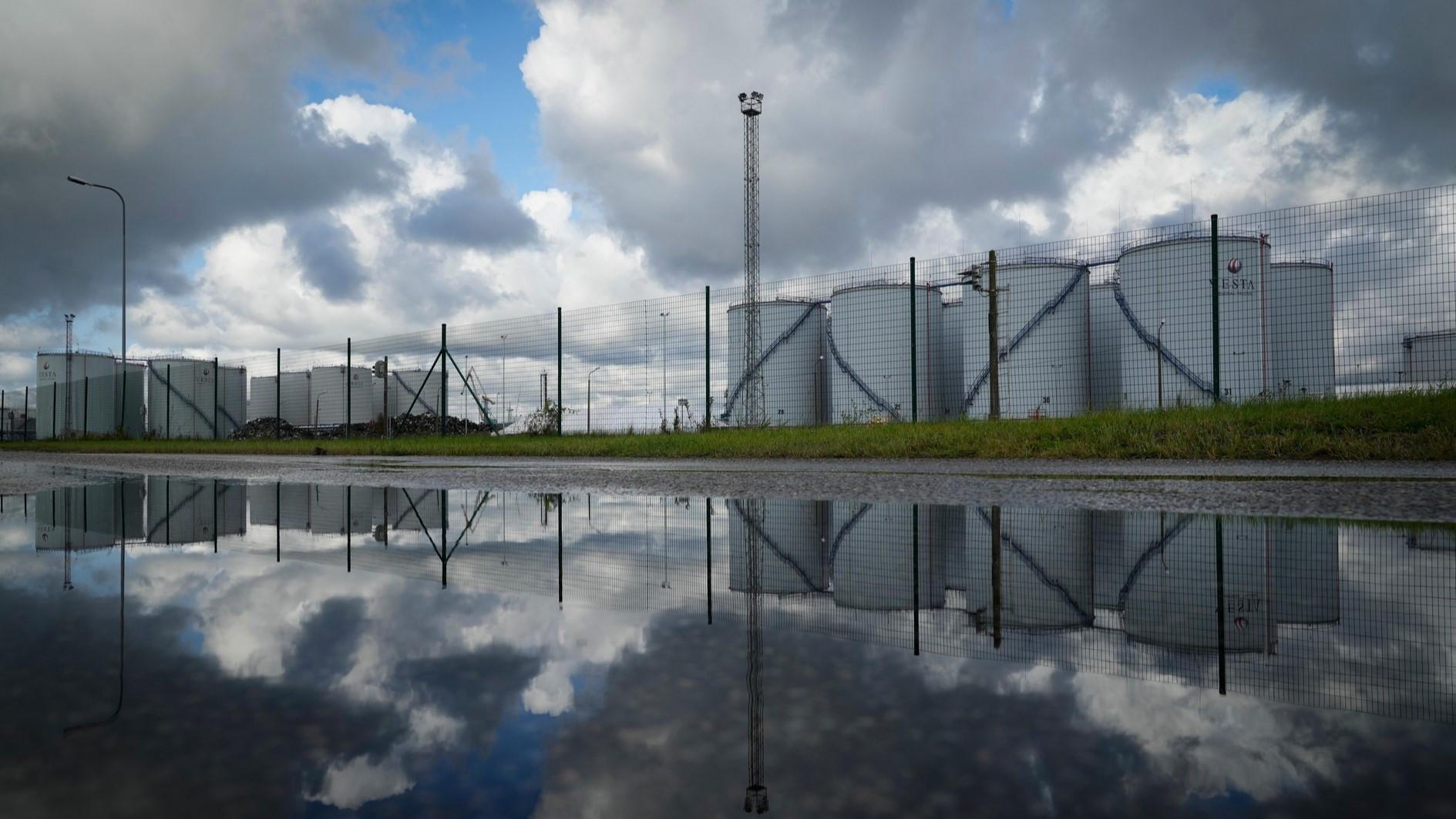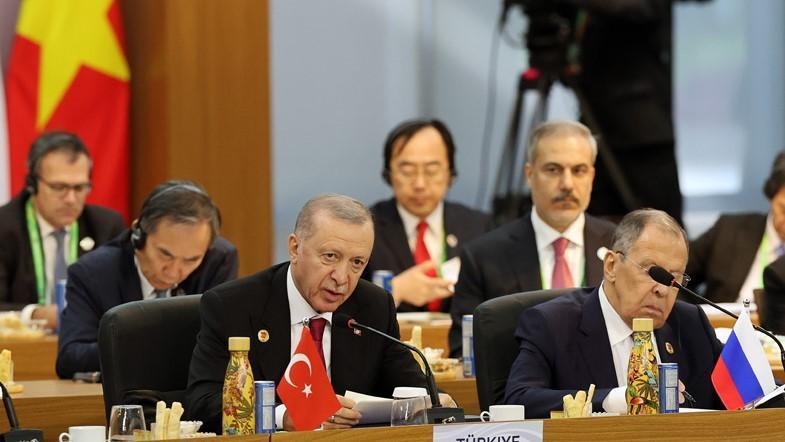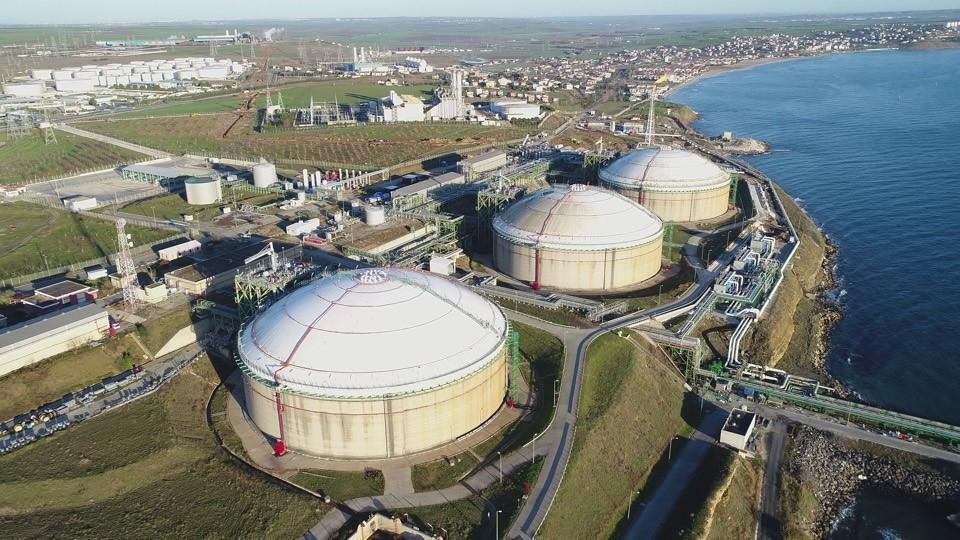Oil, gas sector must cut planet-warming operations: IEA
PARIS

The oil and gas sector, one of the major emitters of planet-warming gases, will need a rapid and substantial overhaul for the world to avoid even worse extreme weather events fueled by human-caused climate change, a report yesterday said.
The current investment of $800 billion a year in the oil and gas sector will need to be cut in half and greenhouse emissions, which result from the burning of fossil fuels like oil, will need to fall by 60 percent to give the world a fighting chance to meet its climate goals, the International Energy Agency said.
The IEA's report comes just ahead of the United Nations climate conference, or COP28, which begins next week.
Oil and gas companies, as well as other people and organizations connected to fossil fuels, often attend the meeting, drawing criticism from environmentalists and climate experts.
But others say the sector needs to be at the table to discuss how to transition to cleaner energy.
“The oil and gas industry is facing a moment of truth at COP28 in Dubai,” said Fatih Birol, executive director of the IEA in a press statement on the report’s release.
“Oil and gas producers need to make profound decisions about their future place in the global energy sector."
Last year's climate conference in Egypt saw 400 people connected with fossil fuel industries attending the event.
The upcoming meeting has also come under fire for appointing the chief of the Abu Dhabi National Oil Company as the talks' president.
The energy sector is responsible for over two-thirds of all human activity-related greenhouse gas emissions, and oil and gas is responsible for about half of those, according to the IEA.
Oil and gas companies are also responsible for over 60 percent of methane emissions.
Oil and gas companies can find alternative revenue from the clean energy economy, including hydrogen and hydrogen-based fuels and carbon capture technologies, the report said.
Both clean hydrogen — made from renewable electricity — and carbon capture — which takes carbon dioxide out of the atmosphere — are currently untested at scale.
The report looked at climate promises made by countries as well as a scenario where the world had reached net zero emissions by 2050.
It found that if countries deliver on all climate pledges, demand for oil and gas will be 45 percent lower than today’s level by 2050.
If the world reaches net zero by then, demand would be down 75 percent, it said.
Earlier this year, another IEA report found that the world’s oil, gas and coal demand will likely peak by the end of this decade.
















